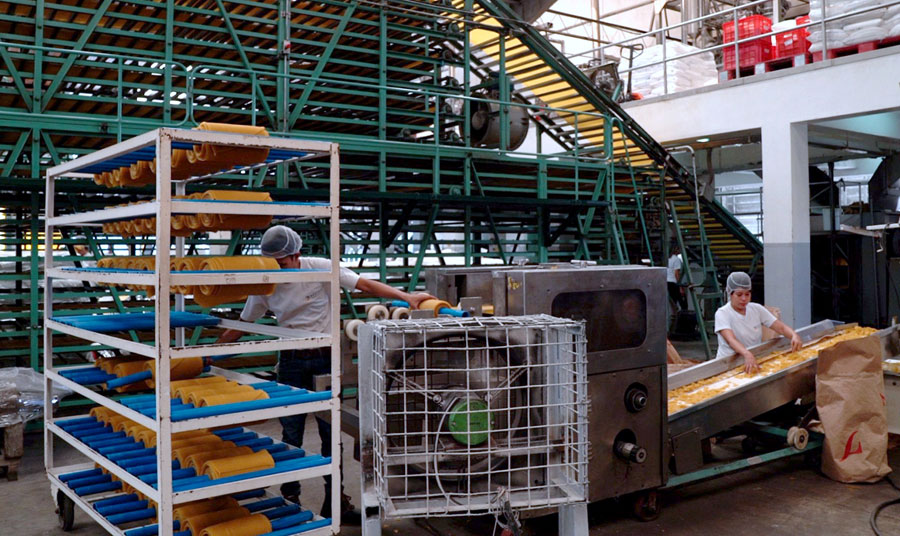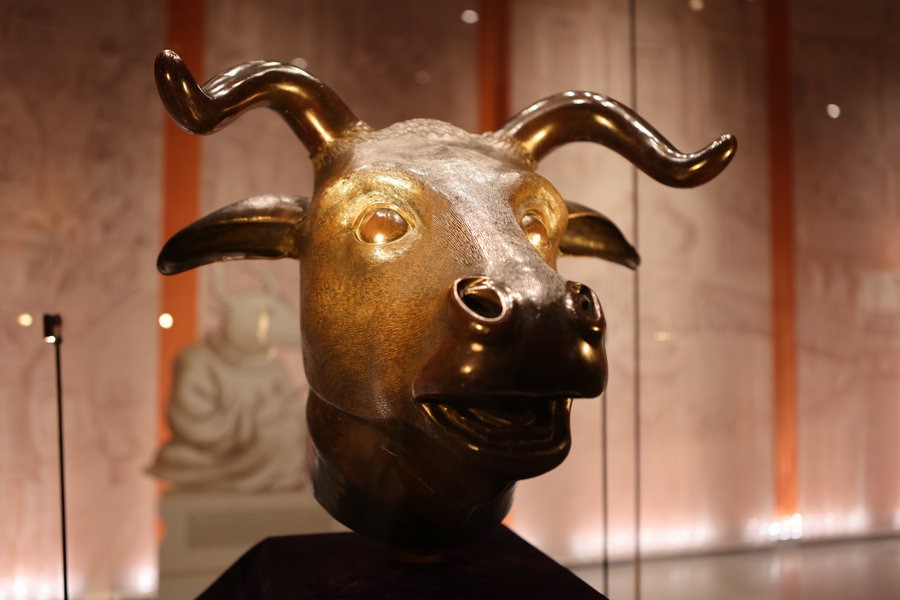Snack king retains appetite for building bridges


That communicative management style has become a hallmark of the company.
Desmond Cheng, who is based in Manila but oversees all of Liwayway's plants, said: "We've maintained good relationships, from top management down to frontline workers. Every decision is made after we put everything on the table for discussion."
Chan's style won him loyalty from both staff members and business partners. For example, Cheng joined the company in 1996 and has worked for it ever since. In his opinion, Chan is a "good, down-to-earth boss" who is always ready to talk with employees and willing to provide assistance whenever it is needed.
According to Cheng, many of Liwayway's employees in Manila have worked for the company for more than 20 years. "They view the company as their family, and are willing to spend their entire careers with us," he said.
In 1994, the company's Shanghai plant produced its first batch of prawn crackers. Chan remembers the trucks waiting outside the plant to deliver the crackers to distributors across the country.
"We faced little competition in China. We managed to cover the initial costs in the third year after we entered the Chinese market. Demand exceeded supply," he noted.
Liwayway's dealers in China are also loyal to the company, and many of its wholesale distributors have maintained partnerships since the group entered the domestic market.
The reform and opening-up policy was the catalyst that helped to create one of the largest and most trusted businesses in the country.
"I often tell my dealers that without Deng Xiaoping, Oishi would not have what it has today," Chan said.
Deng, the architect of modern China, put forward the reform and opening-up policy in 1978, allowing the once-reserved country to open its doors to foreign investment. Since its inception, the policy has lifted around 700 million people out of poverty and has been the driving force behind the nation's economic miracle.
Just eight years after Oishi Shanghaojia was almost forced to close, it became the first non-Chinese concern to earn the "Shanghai Famous Brand" Award. The honor is only given to brands that are ranked among the top five in their individual industries and have earned broad consumer trust. In 2006, Oishi Shanghaojia won the additional honor of being recognized as a "China Famous Brand".
Today, Liwayway's snacks can be found across China, from small convenience stores to large supermarkets. Now approaching its 26th year in China, the company has plants in 15 cities in the Chinese mainland and its products are carried nationwide by more than 700 wholesale distributors.
Data provided by Liwayway show that Oishi Shanghaojia holds a 26 percent share of the country's snack foods market.
























